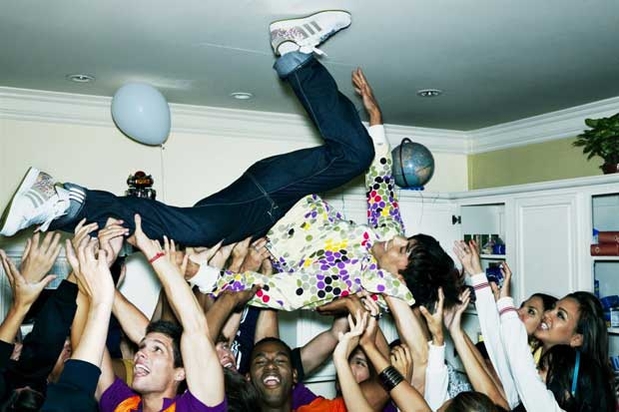 Throwing a holiday party this year in your home? Having guests over where alcohol will be served? If so, then you know it’s always possible that someone is going to drink too much. And you know things can get out of hand if that occurs. Now you’ll probably get over it if someone throws up on your new rug or trips over the dog, but what about when they get behind the wheel? Can you be held liable if that someone drives drunk and ends up killing someone on the way home?
Throwing a holiday party this year in your home? Having guests over where alcohol will be served? If so, then you know it’s always possible that someone is going to drink too much. And you know things can get out of hand if that occurs. Now you’ll probably get over it if someone throws up on your new rug or trips over the dog, but what about when they get behind the wheel? Can you be held liable if that someone drives drunk and ends up killing someone on the way home?
Generally speaking, in Texas the answer is no, you can’t be held liable. The landmark Texas case in this area of the law is Graff v. Beard ( and in case you were wondering, no, the “Beard” party in that case was not me or any of my extended family members as best I can tell). In that case, the Texas Supreme Court held that a social host has no legal duty to prevent a guest who will be driving from becoming intoxicated or to prevent an intoxicated guest from driving. That is still the law. So if you serve alcohol to a guest and they end up harming themselves or someone else, you generally cannot be held liable for the harm done.
But that doesn’t mean you shouldn’t take precautions when throwing a party or having a gathering in your home. Keep in mind that if someone can still sue you under a premises liability theory if they become injured as the result of a defect on the premises that you were aware of but failed to warn them about. So consider gathering all of your guests together to warn them about dangerous conditions they may be unaware of or might overlook.
As for alcohol, the best policy might be to simply urge your guests to drink responsibly. If you try to do too much, you might find yourself in hot water if you don’t do what you set out to do. In a case decided just last year by the Texas Supreme Court, Nall v. Plunkett, the Court dealt with a situation where some homeowners were sued after they held a New Year’s Eve party where they instituted a rule that anyone remaining in their home after midnight had to stay overnight. Someone broke the rule and tried to drive home after midnight, and another guest tried to stop them and became severely injured. Although the Court ultimately ruled in favor of the homeowners, it did so based on procedural grounds. The Court did not reach the merits of the case. The general rule is that if you undertake a duty, you must do so non-negligently. So for now, the best practice is to use your best judgment and be careful if undertaking any additional duties not otherwise imposed by the law.
Don’t drink and drive. Have a safe and Happy New Year from all of us at Saunders, Walsh & Beard!
Written By: Alex Beard
